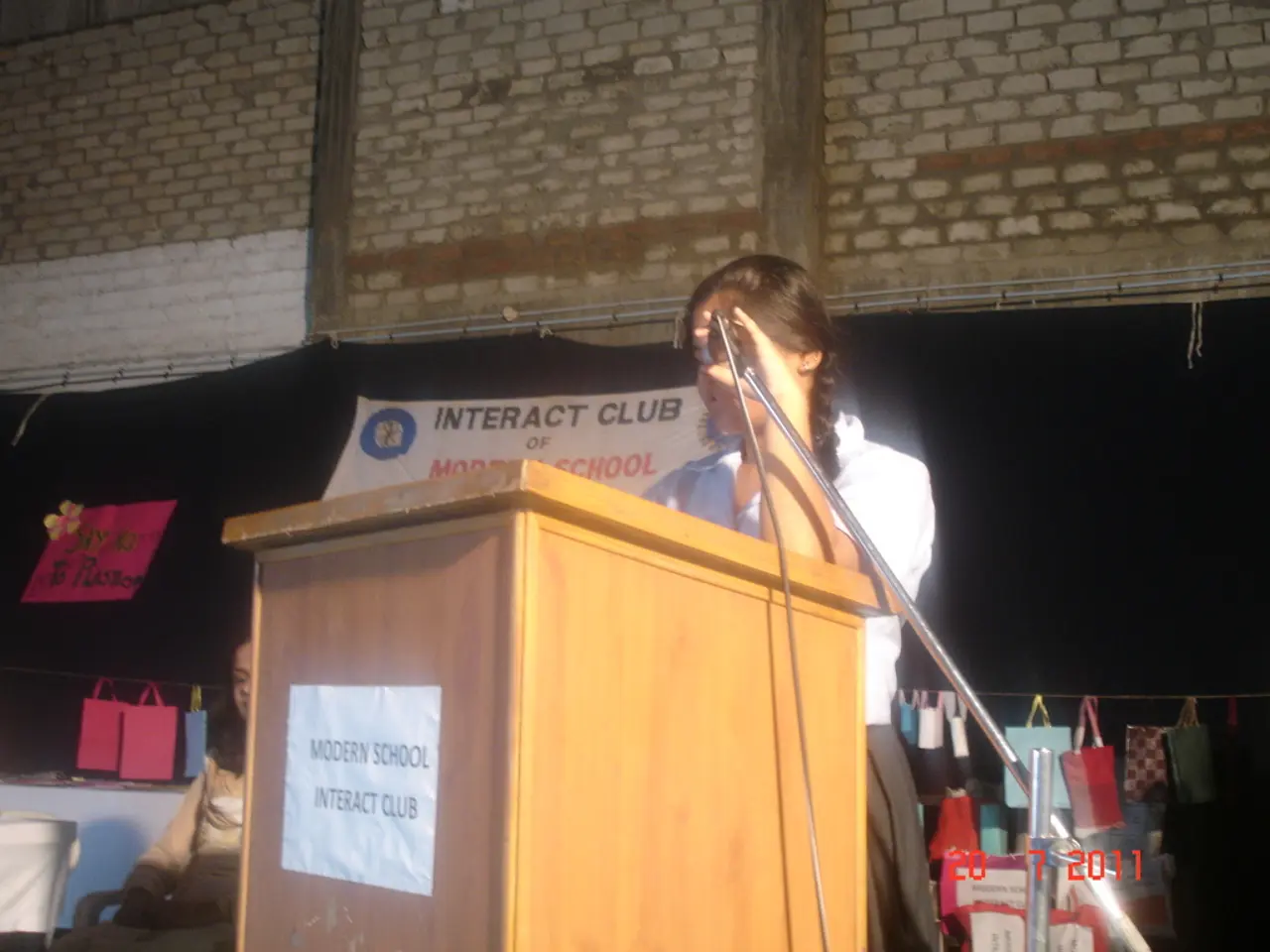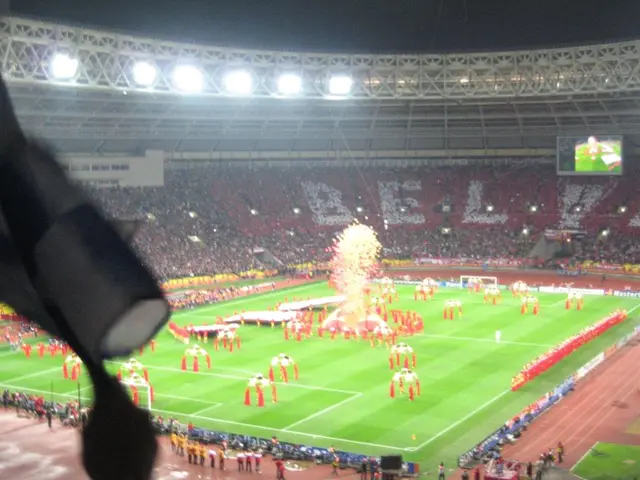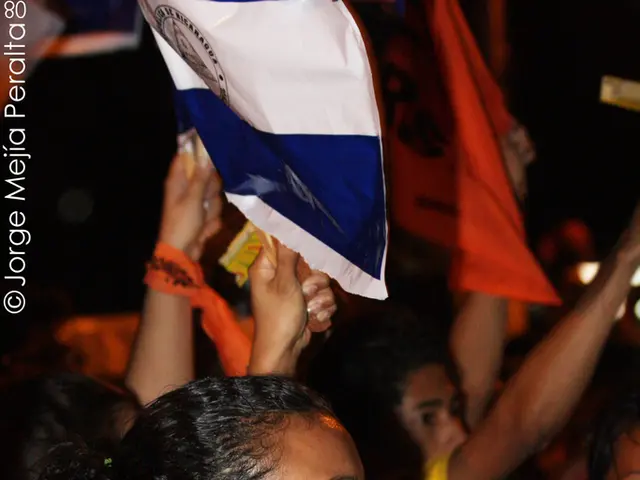Diplomatic talks take place in Paris, focusing on Syrian-Israeli negotiations regarding a potential ceasefire and security arrangements
Tensions in the Druze-majority province of Sweida, Syria, have been high following a week of violence that began on 13 July. The violence initially involved Druze fighters and Sunni Bedouin, but quickly escalated, involving Syrian government forces and prompting Israeli strikes.
In an effort to de-escalate the situation, talks have been held between Syria and Israel, with a focus on "de-escalation" and "non-interference in Syria's internal affairs." These discussions revolved around the possibility of reactivating the 1974 disengagement agreement, an accord aimed at maintaining peace between the two countries.
Israel argued that its intervention was aimed at protecting the Druze minority group and ensuring the demilitarization of southern Syria. However, Syria has rejected accusations of a blockade from the demonstrators in Sweida, demanding self-determination.
The Paris encounter, though the specific date remains undisclosed, produced understandings that support stability in the region. Both parties acknowledged the need to increase assistance for the people of Sweida and the Bedouin communities. The discussions also touched on monitoring the ceasefire announced by the United States last month in Sweida.
The Paris meeting followed a Sweida ceasefire announcement by the United States last month, and discussions touched on this ceasefire and how best to monitor it. France, in condemning reported atrocities against civilians in Sweida, also voiced its concerns over the situation.
Further talks are believed to have taken place in Baku, Azerbaijan. The Paris encounter was followed by another meeting between Syrian Foreign Minister Asaad al-Shaibani and Israeli Strategic Affairs Minister Ron Dermer last month. Syrian state television reported that Syria's intelligence chief was present at both meetings.
It's important to note that Israel and Syria have engaged in back-channel discussions before, despite technically remaining at war since 1948. This recent round of talks underscores the international community's efforts to find a solution to the ongoing conflicts in Syria and the Middle East.
Both sides reaffirmed their commitment to Syria's territorial integrity, stressing that Sweida remains an integral part of the country. The US envoy for Syria, Thomas Barrack, also met with Israeli Druze spiritual leader Mowafaq Tarif to discuss Sweida and ways to de-escalate tensions.
Last week in Paris, representatives of France and the United Kingdom also met to discuss the situation concerning Palestine and Israel. In this context, the possibility of reactivating the 1974 demilitarization agreement was discussed to ensure the demilitarization of Hamas and to facilitate humanitarian aid and a ceasefire in Gaza.
These discussions and meetings highlight the complex and interconnected nature of the conflicts in the Middle East, and the ongoing efforts by various countries to find peaceful solutions. As the situation in Sweida and the wider region continues to evolve, it is crucial that dialogue and diplomacy remain at the forefront of international relations.
Read also:
- United States tariffs pose a threat to India, necessitating the recruitment of adept negotiators or strategists, similar to those who had influenced Trump's decisions.
- Weekly happenings in the German Federal Parliament (Bundestag)
- Southwest region's most popular posts, accompanied by an inquiry:
- Discussion between Putin and Trump in Alaska could potentially overshadow Ukraine's concerns








